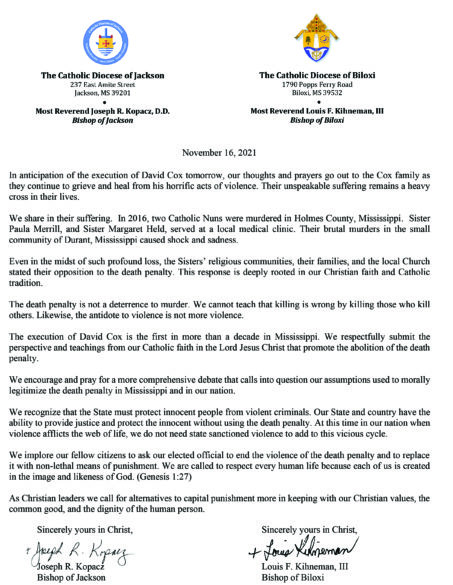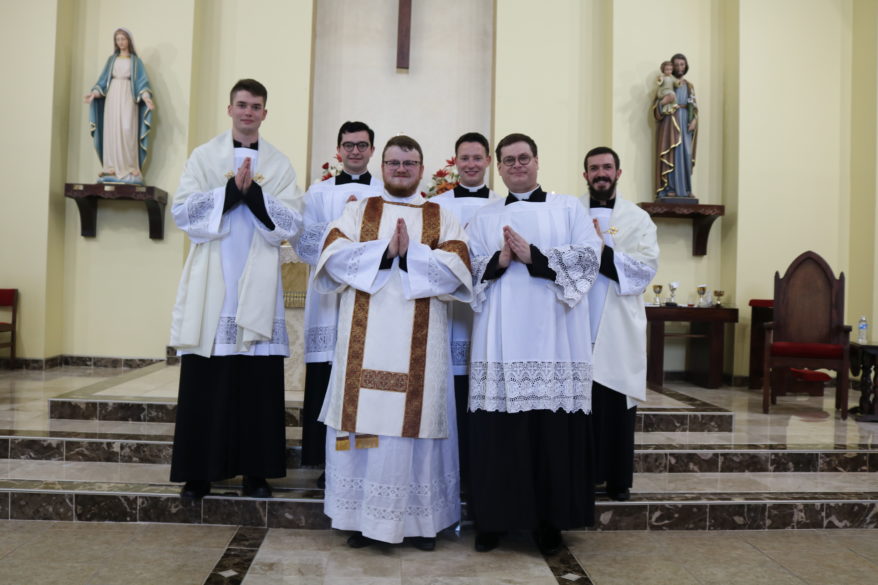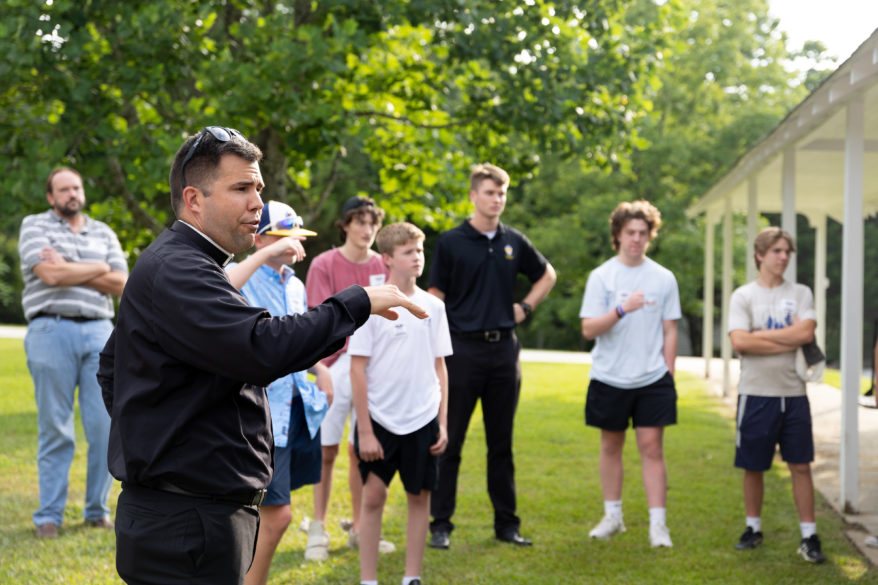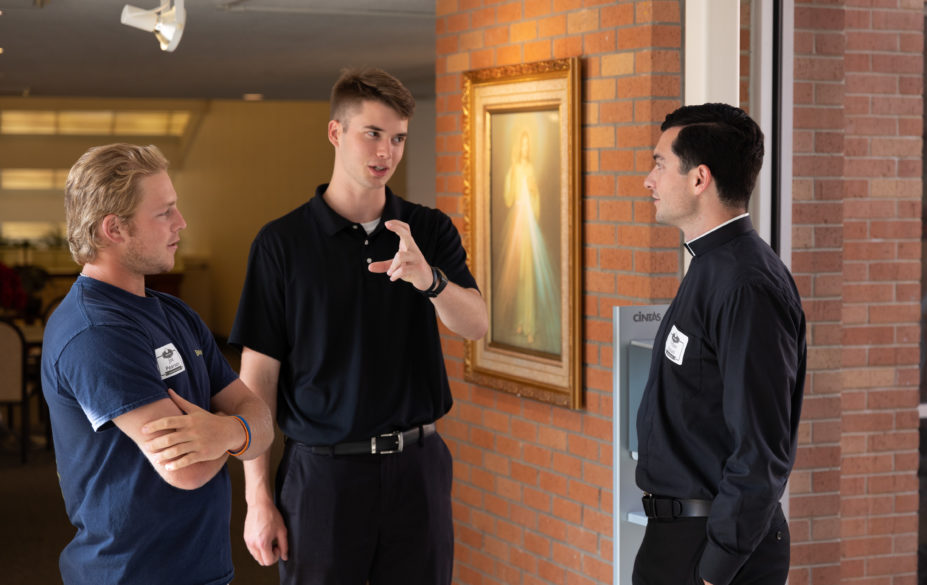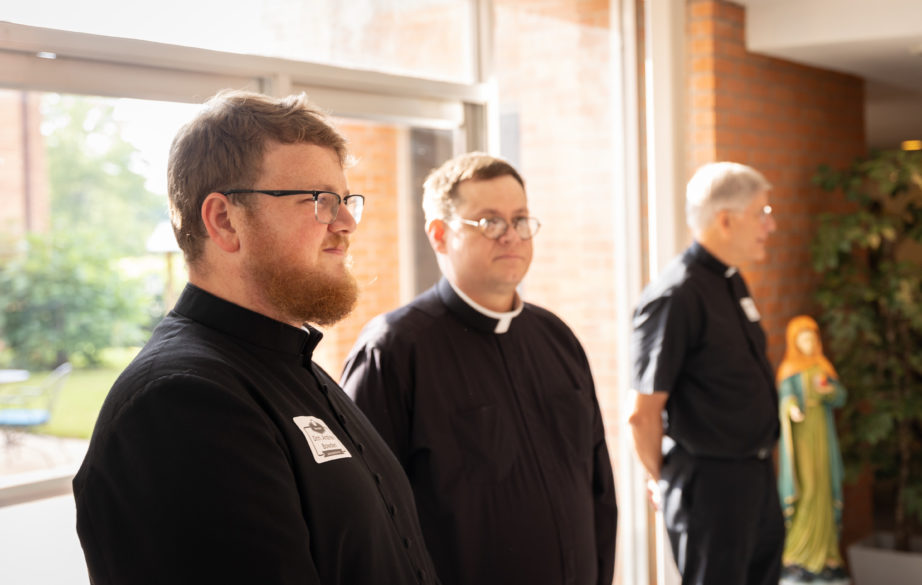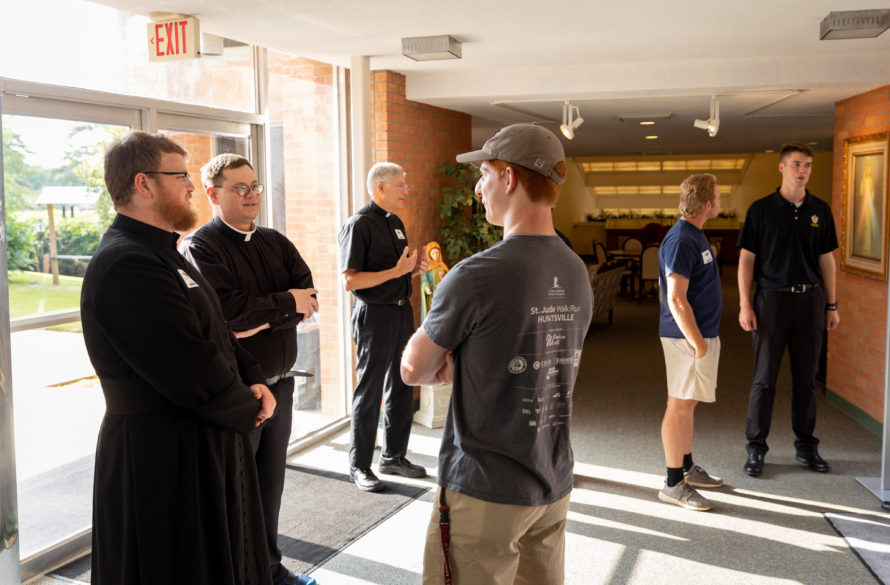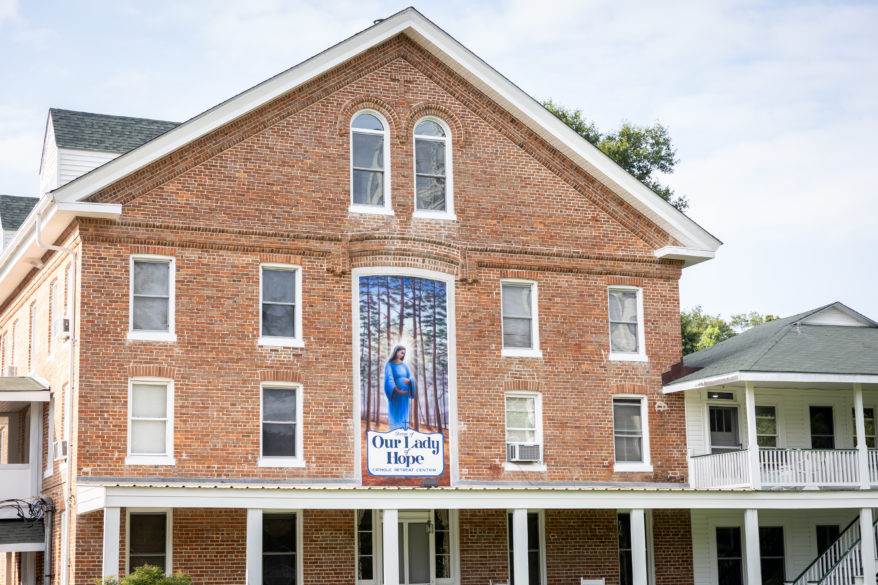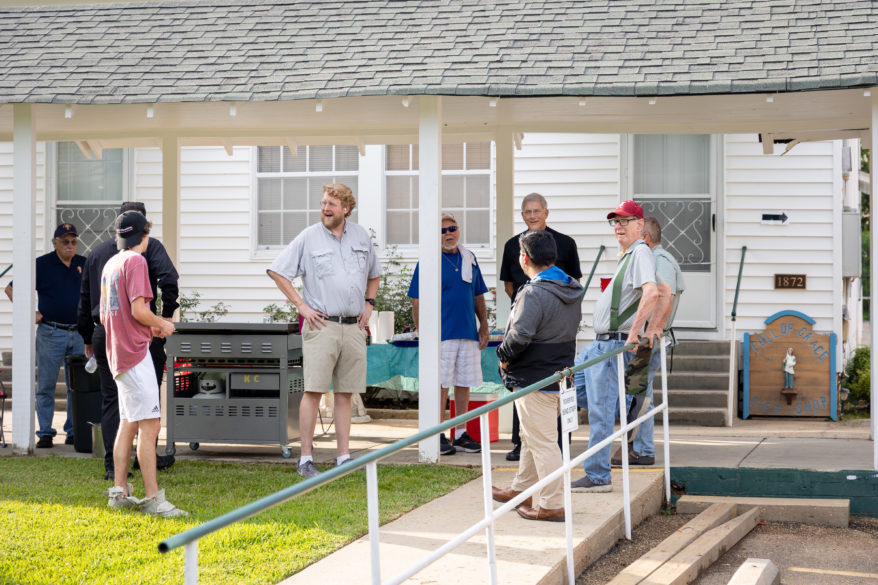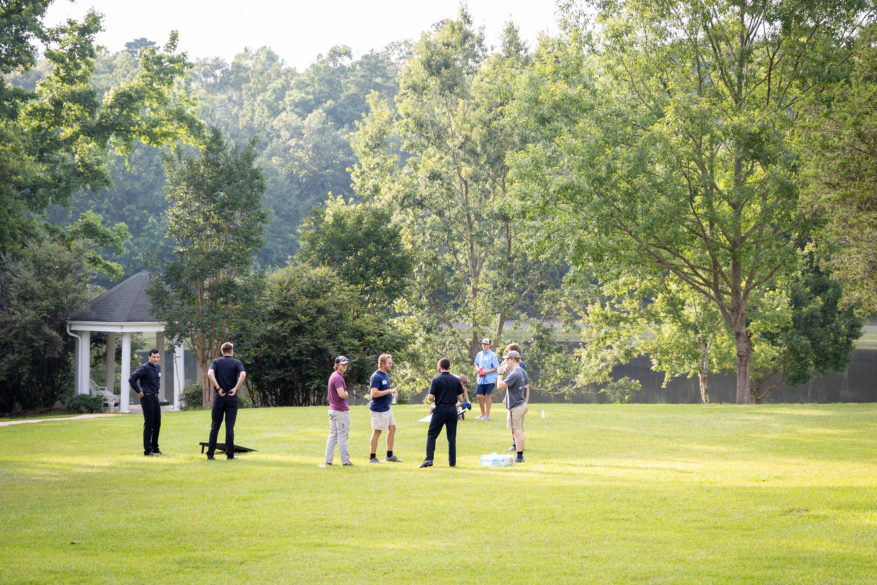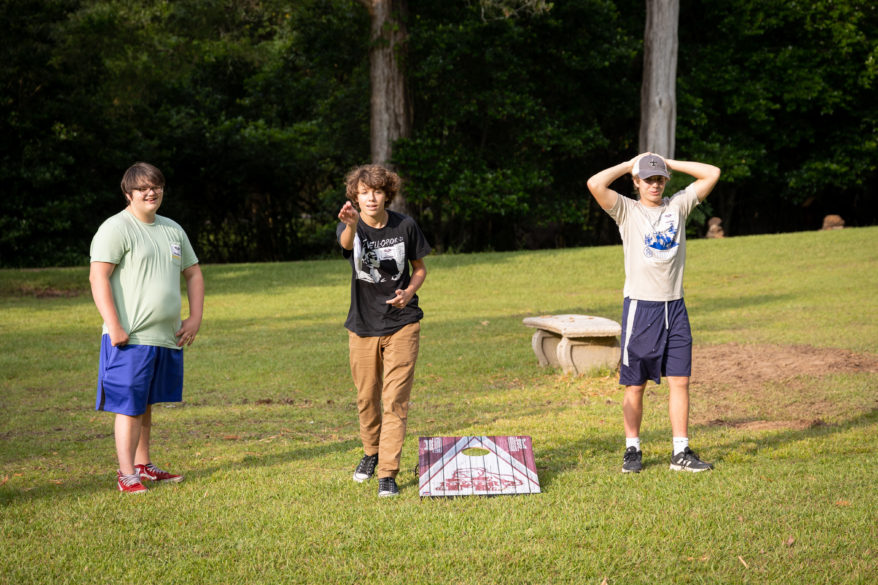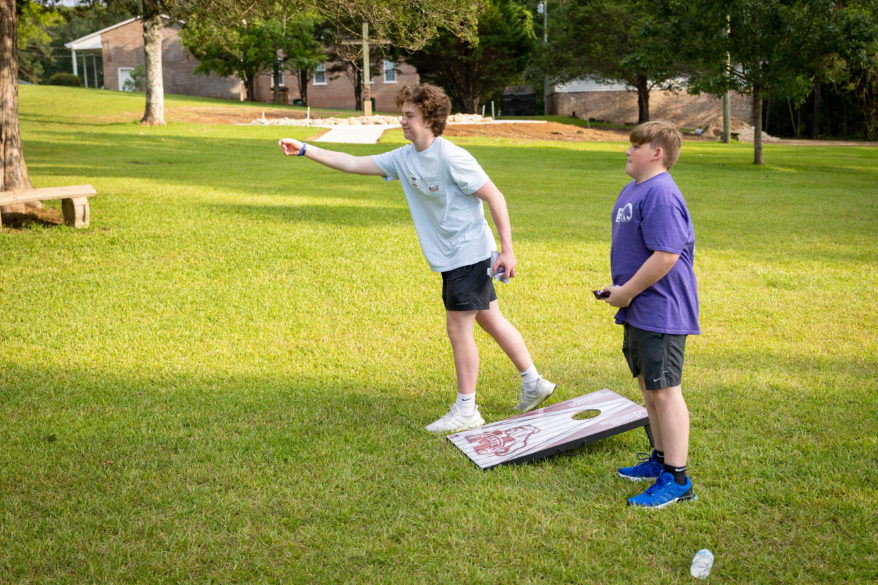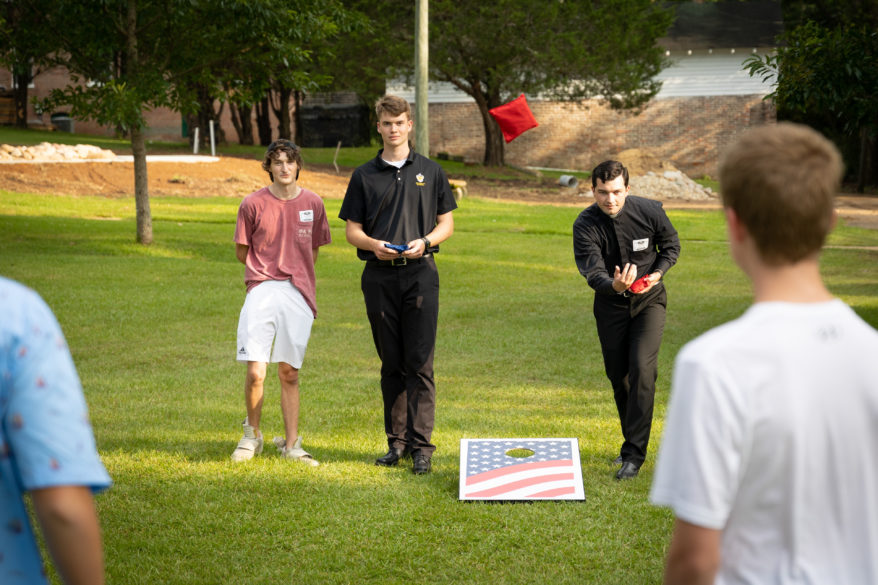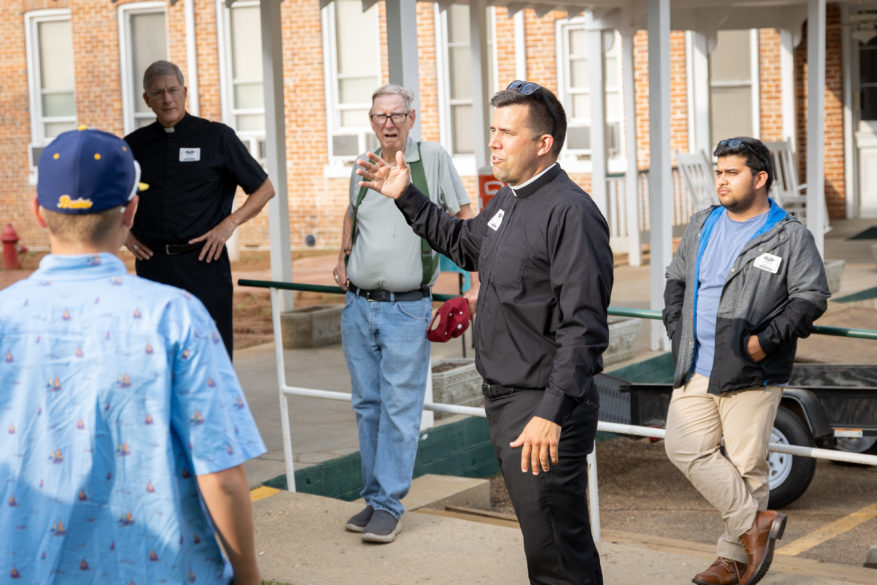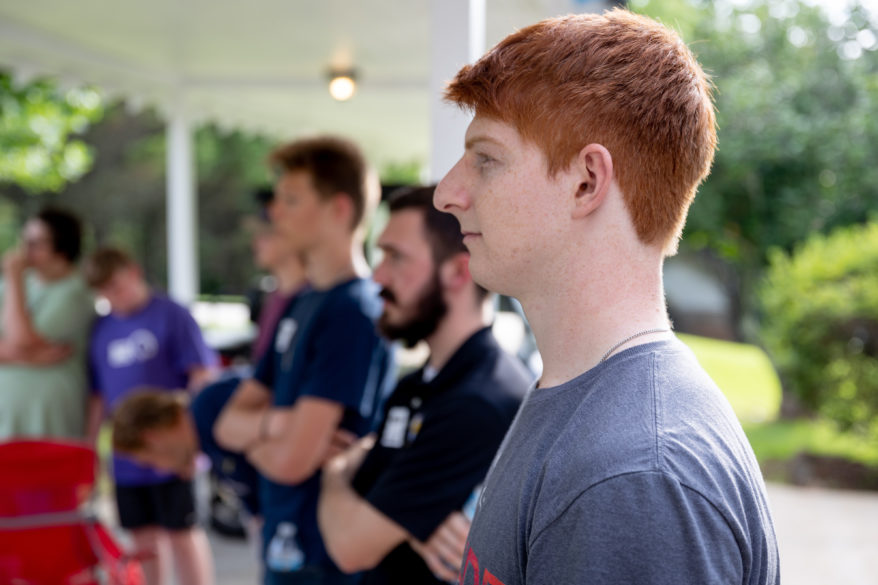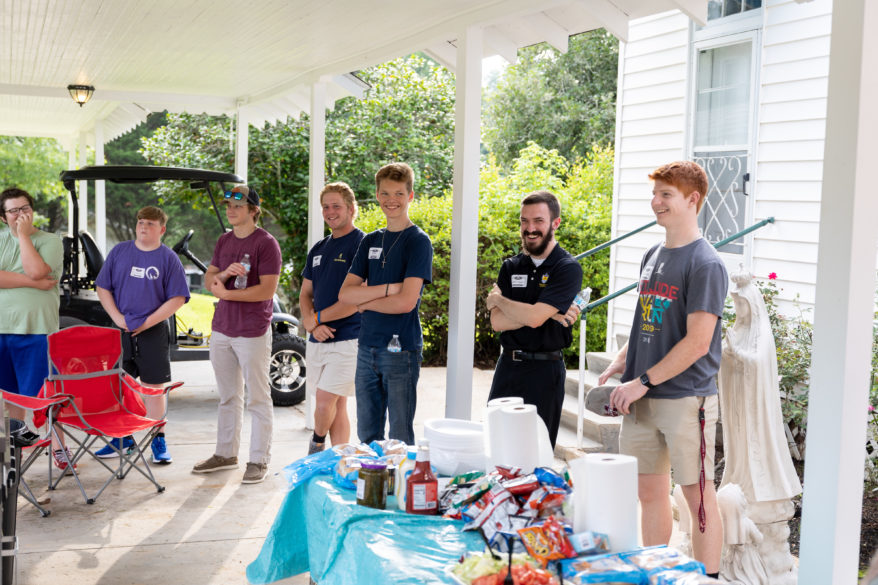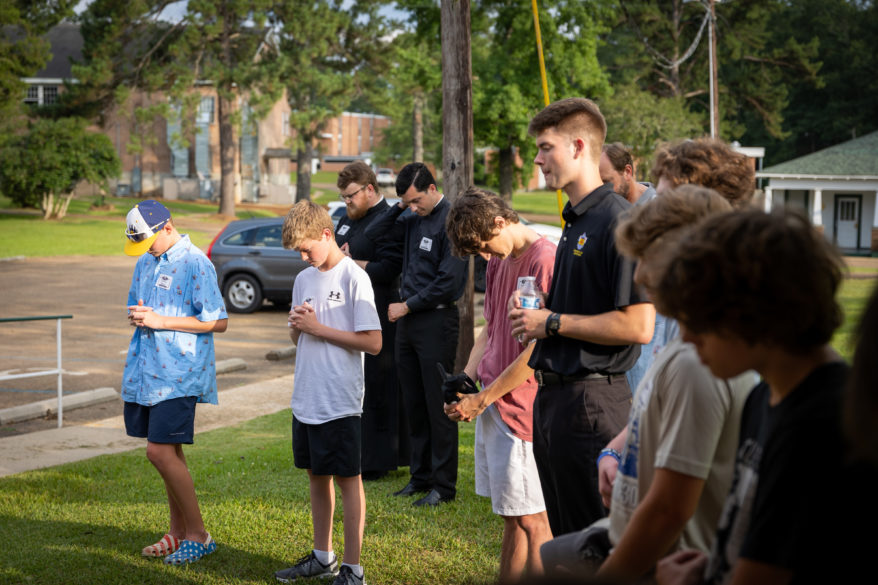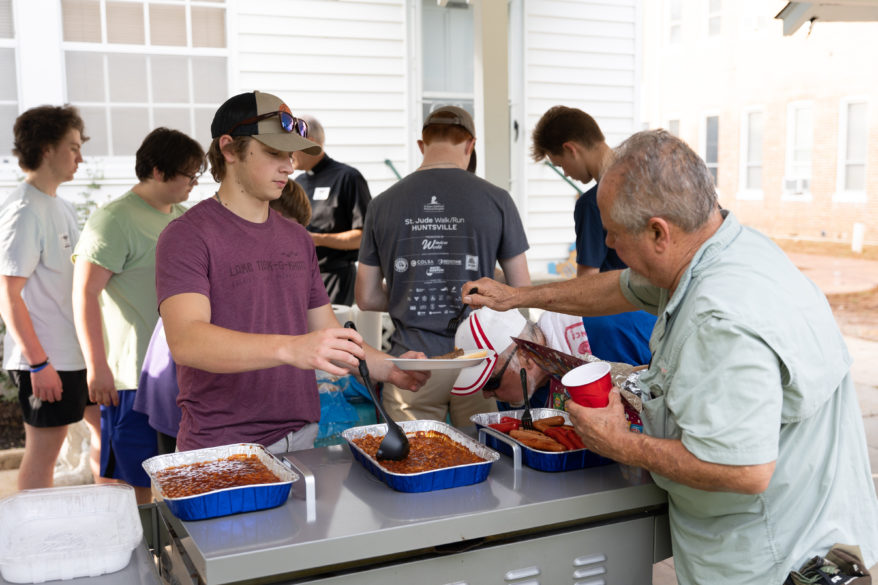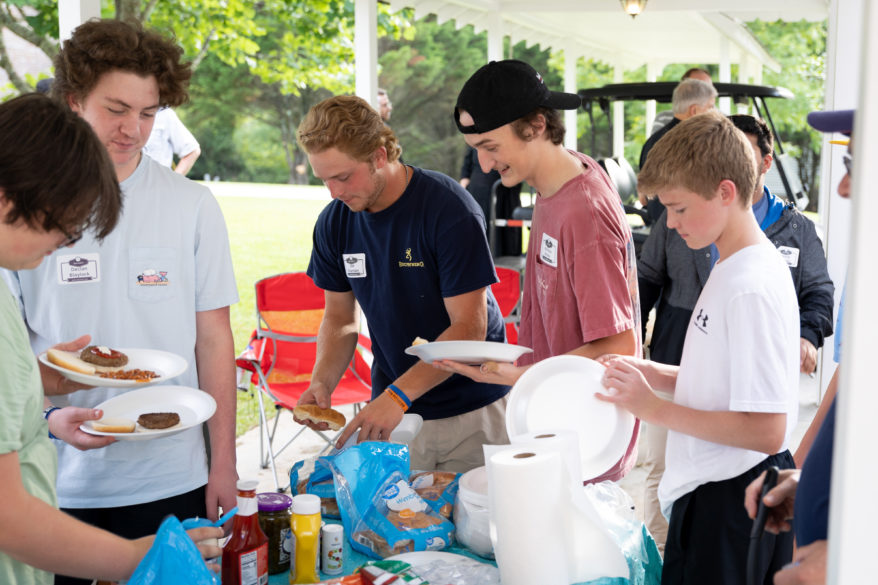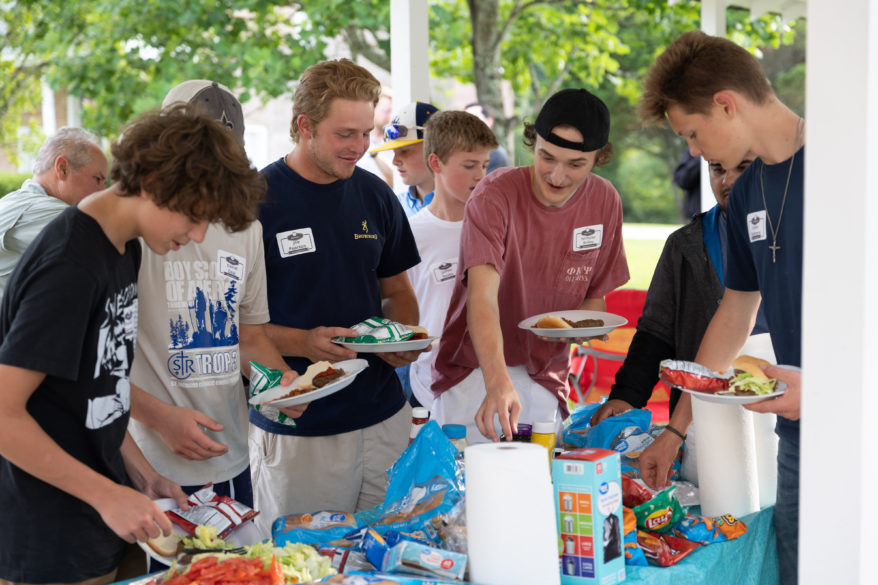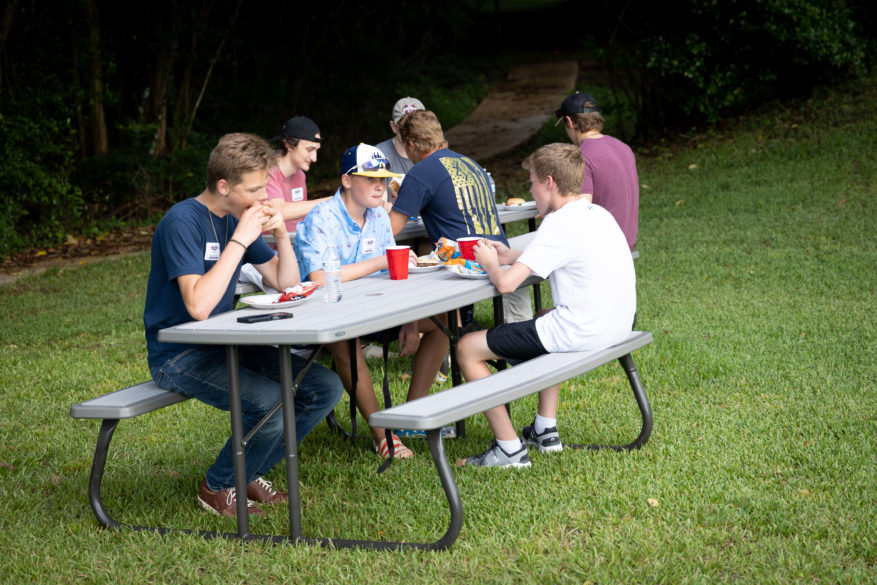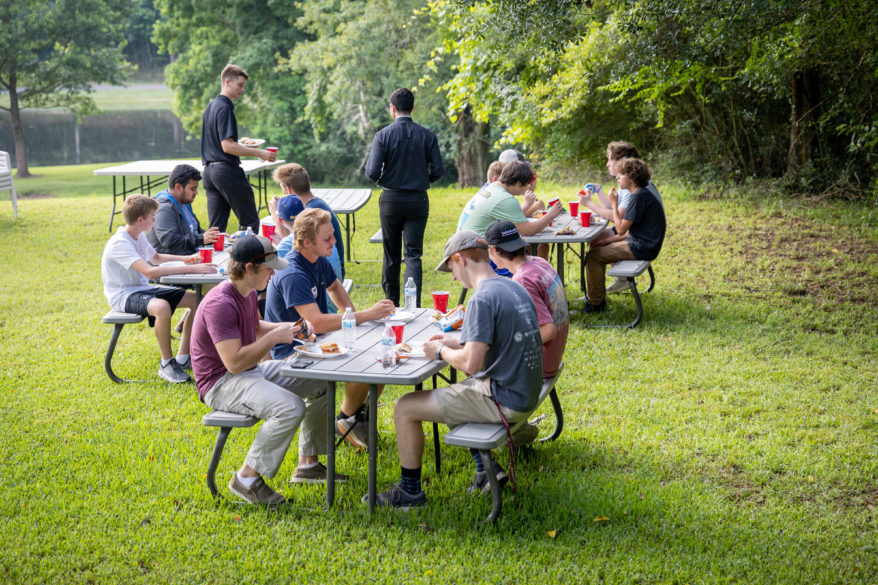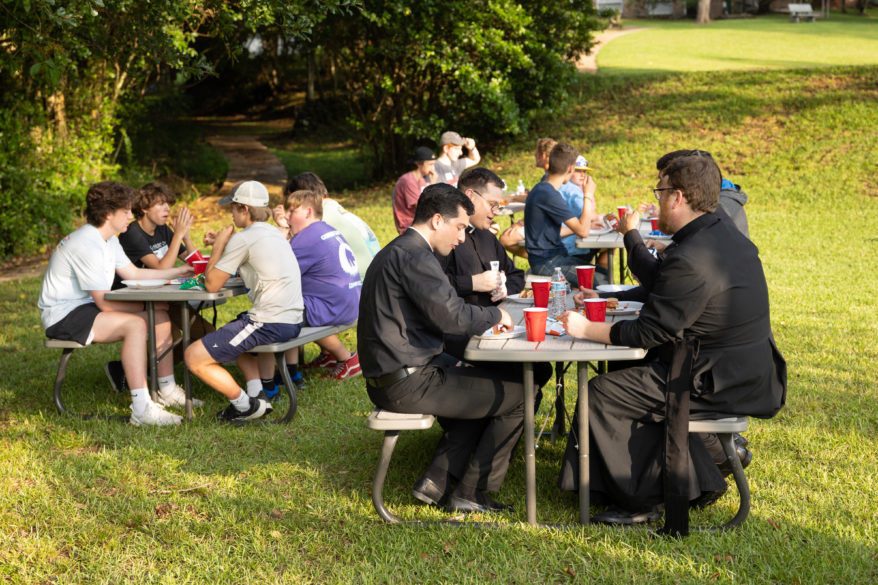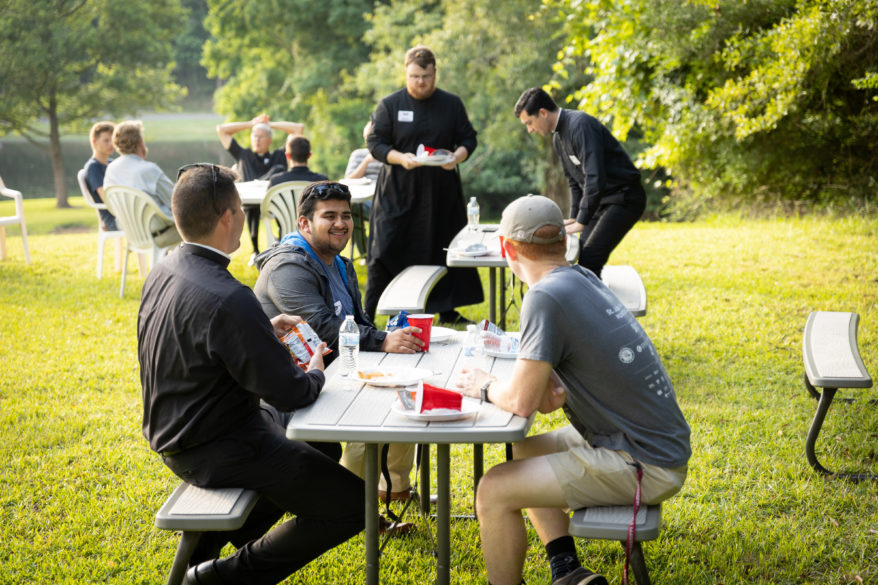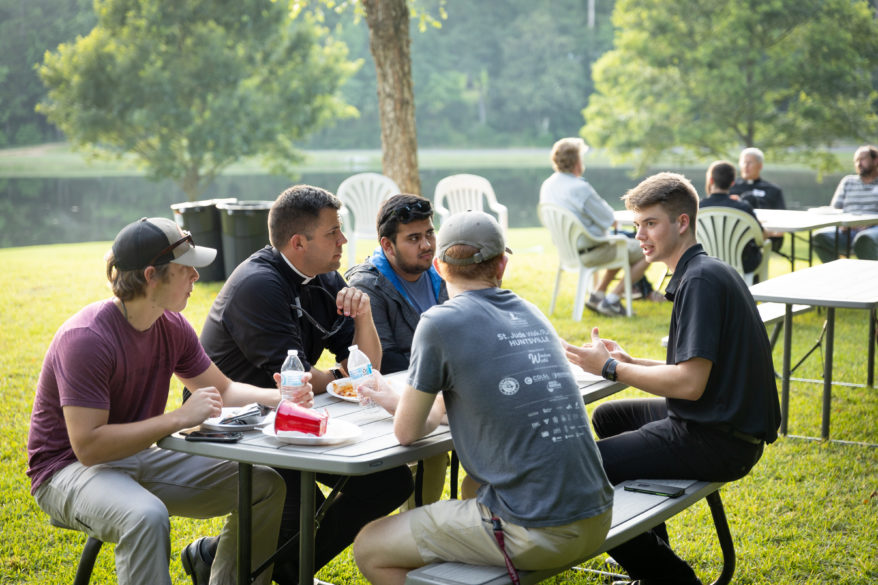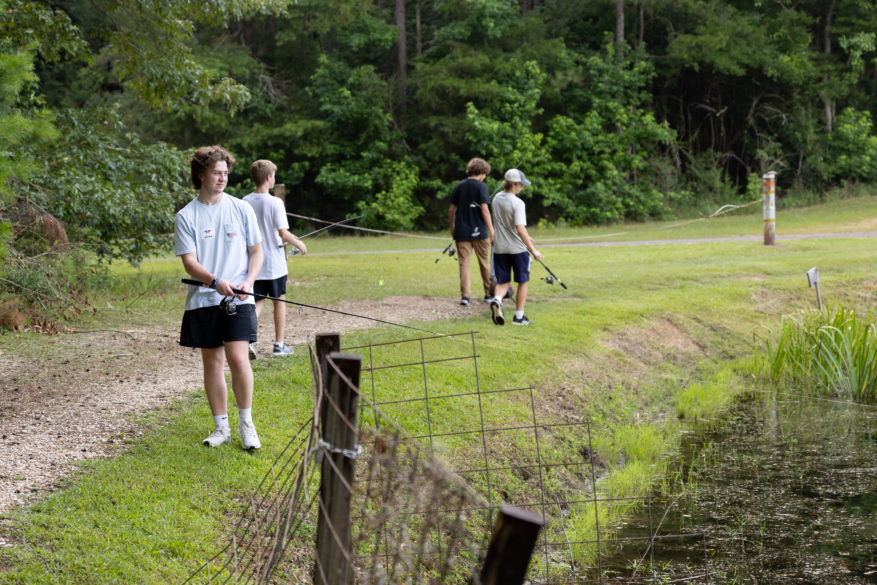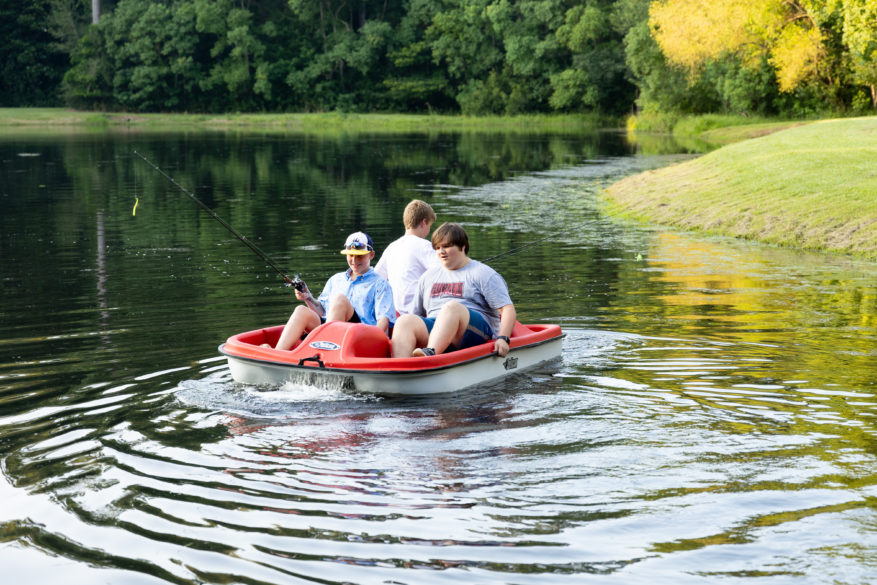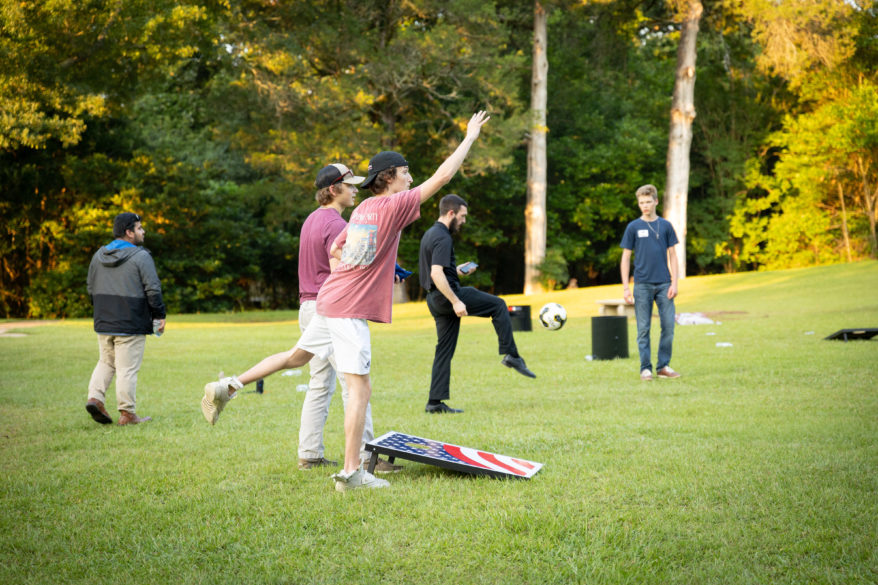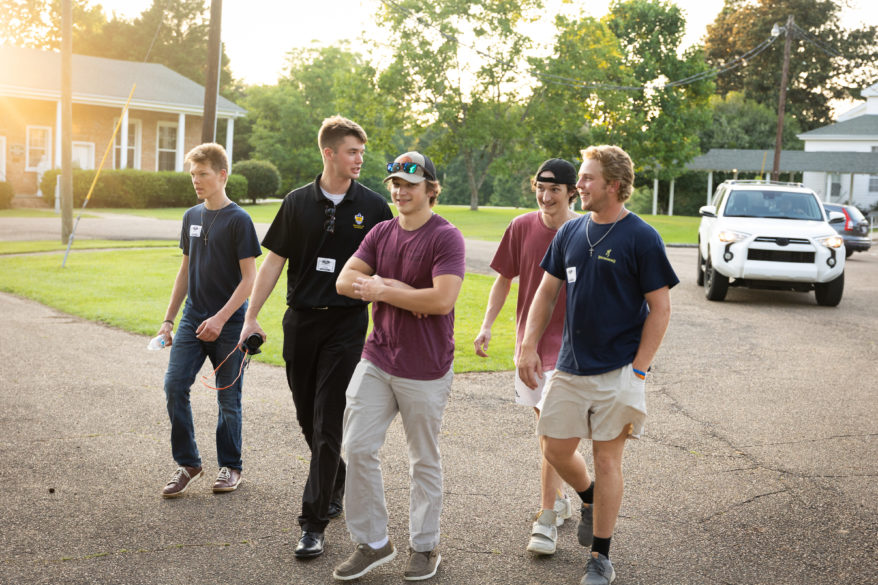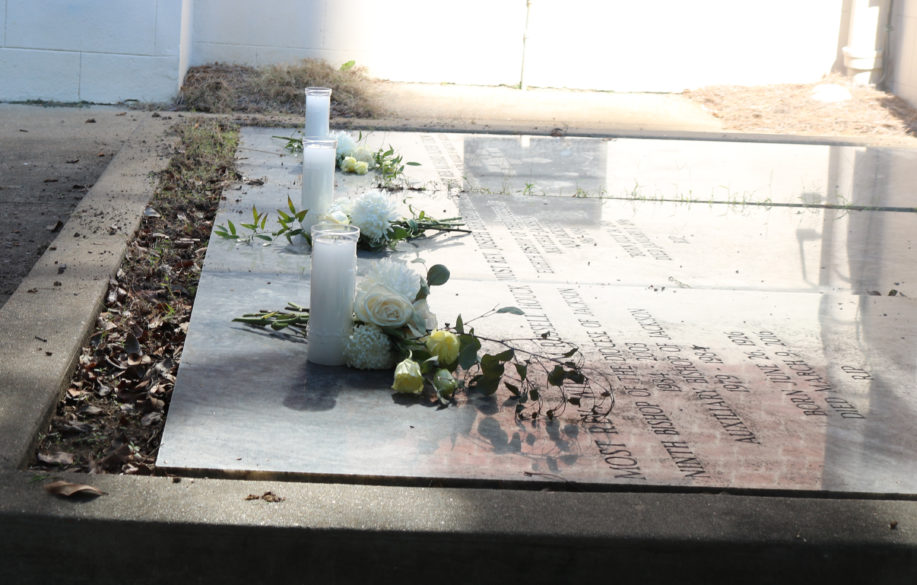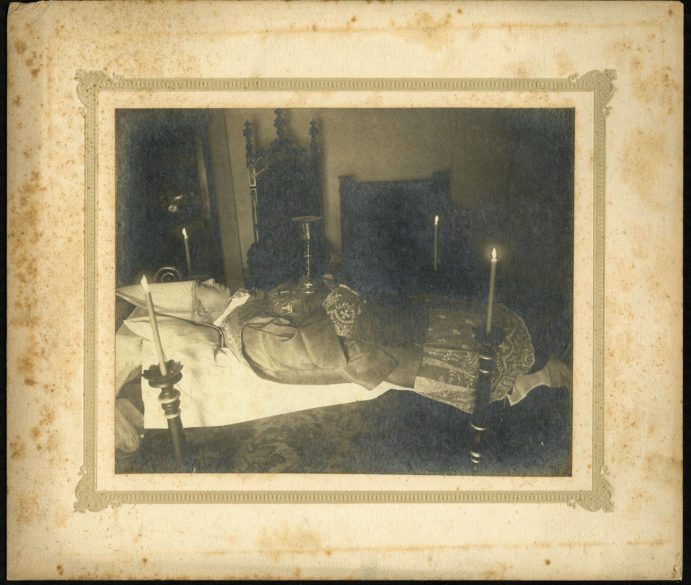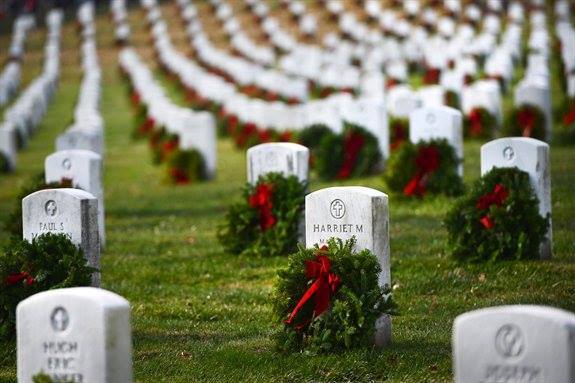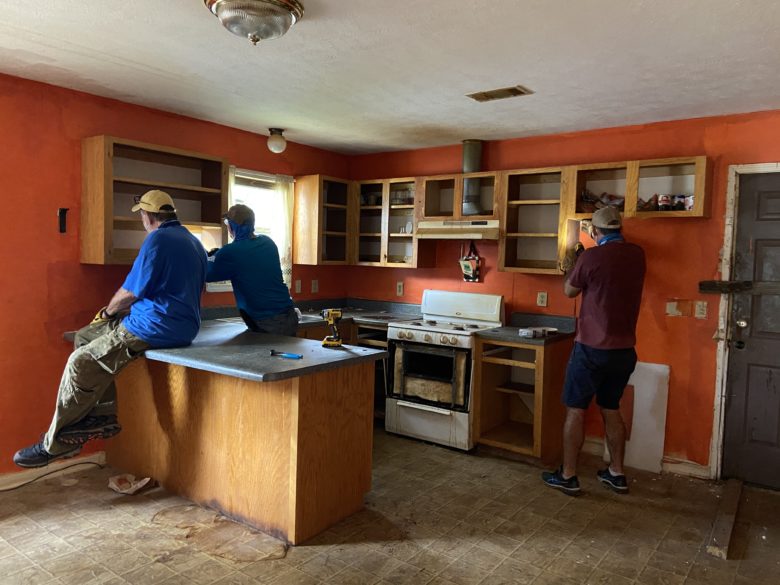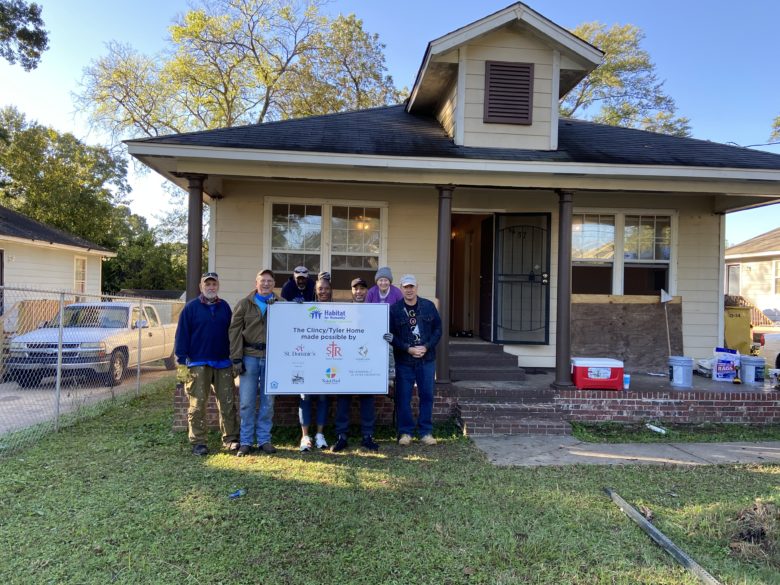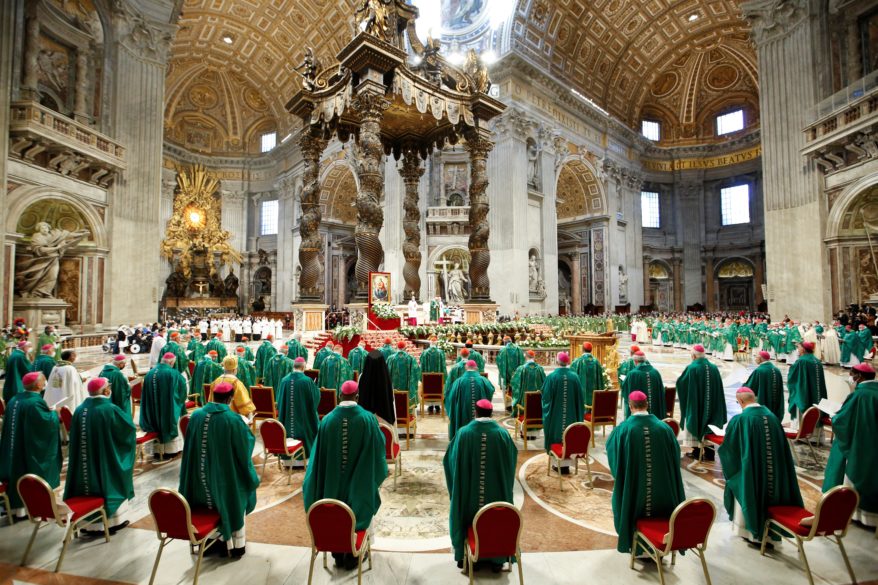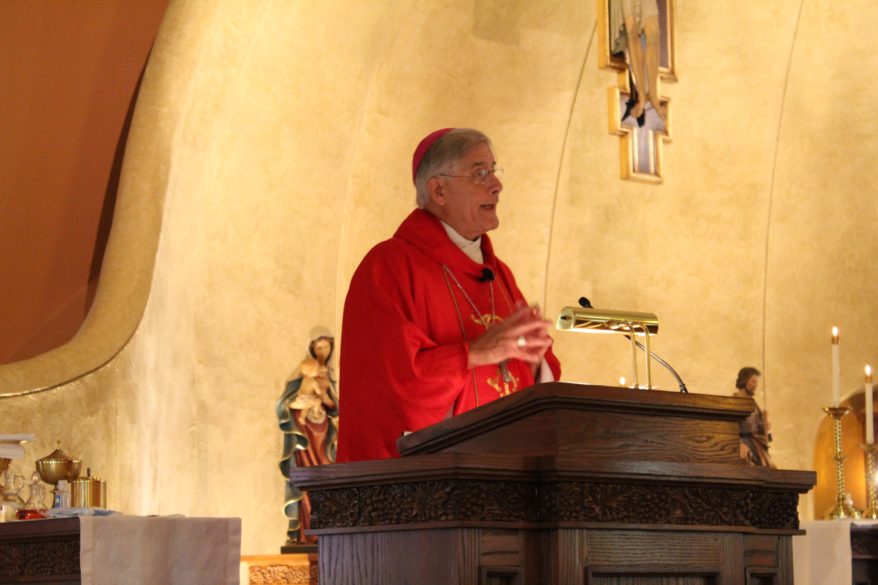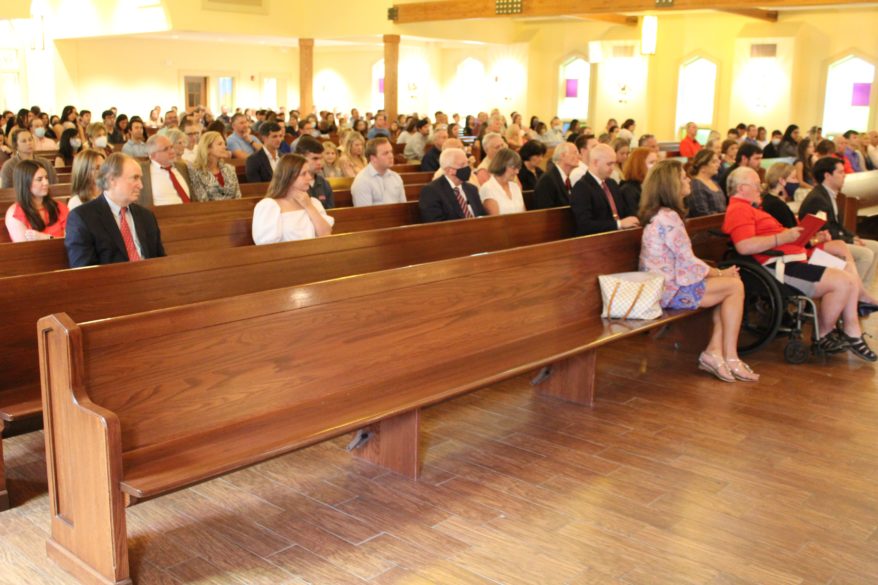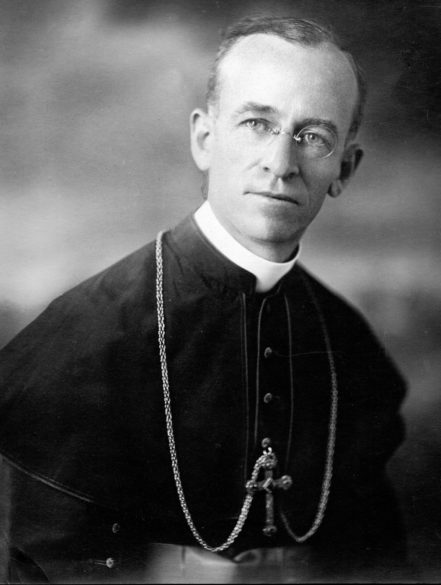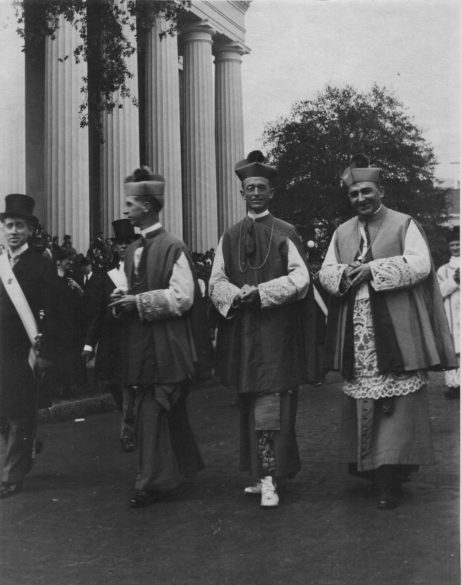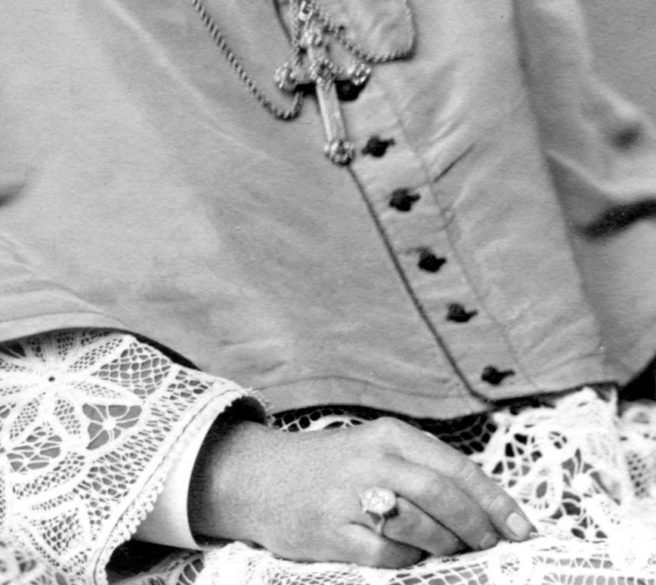SPIRITUAL ENRICHMENT
GREENWOOD Locus Benedictus Retreat Center is hosting a Healing Retreat, “Learning How to Thrive,” on Saturday, Nov. 13 from 9:30 a.m. to 4 p.m. The presenter is Maria Vadia. Details: for more information, call (662) 299-1232.
PEARL St. Jude, MARIAN SERVANTS® of Jesus the Lamb of God, will be offering the Marian consecration on Tuesdays from 1-3 p.m. in the St. Jude parish hall through Dec. 7 with consecration on the Feast of the Immaculate Conception. Join us as we strengthen our love for Jesus Christ with the aid of the Blessed Virgin Mary. Details: Maureen Roberts at 601-278-0423 or msofjlog@gmail.com.
St. Jude, Sung Mass in Extraordinary Form, first and third Sundays of each month at 6 p.m. Details: church office (601) 939-3181.
PINEVILLE, La. A.C.T.S. Retreats at the Mary Hill Renewal Center, Men’s retreat Jan. 13-16. 2022 and Ladies retreat Feb. 10-13, 2022. Opportunity for spiritual renewal and fellowship beginning Thursday evening at 5 p.m. and concluding with 10 a.m. Mass on Sunday at St. Patrick Church in Ferriday, La. Cost of the retreat is $50 deposit plus $125 due at retreat check-in. Open to persons 18 years or older. Details: To register contact St. Patrick Church at (318) 757-3834.
Vocation Retreat Do you know of any man discerning the call to enter priesthood or religious life? A special Quo Vadis retreat is being held Friday, Nov. 19 – Sunday, Nov. 21 in the Diocese of Jackson. Details: nick.adam@jacksondiocese.org.
PARISH, FAMILY AND SCHOOL EVENTS
CLARKSDALE St. Elizabeth, Feast Day weekend, Nov. 12-14. Friday, Nov. 12, 5:30 p.m.Mass with Bishop Kopacz; Saturday, Nov. 13, Adoration 6 a.m. to 6 p.m. followed by Mass; Sunday, Nov. 14, 10:30 a.m. Mass and St. Elizabeth Feast Day luncheon at 12:15 p.m. Call church office to make reservations for luncheon. Details: church office (662) 624-4301.
HERNANDO Holy Spirit, Cooking for the Holidays Sale, Nov. 20, 8:30 a.m. to 12 p.m. Get your frozen casseroles, vegetables and desserts for the holidays. Baked goods are available, too. Details: church office (662) 429-7851.
JACKSON St. Richard, Volunteers are needed for Stewpot lunch and Stewpot pantry. St. Richard Meals-on-Wheels delivers meals from an assigned menu to the Jackson area the second Tuesday of every month. They also send volunteers to Stewpot lunch to serve and Stewpot pantry to help one week per quarter. Details: call Tommy Lamas at the church office (601) 366-2335 or email lamas@saintrichard.com.
41st Annual Squat & Gobble, Thursday, Nov. 11 5:45-10 p.m. at the Mississippi Trade Mart, part of the proceeds go to help victims of human trafficking and domestic violence through programs of Catholic Charities. Enjoy food, beverages, door prizes and live and silent auctions. Entertainment by Dr. Zarr’s Amazing Funk Monster. Cost: tickets $65 available at www.friendsforacause.com. Details: Tommy Turk (601) 955-1677.
MERIDIAN St. Patrick School, Save the Date, St. Patrick School Candy Cane 5K Dash, Saturday, Dec. 4 beginning at 8:30 a.m. Details: Registration is now open at www.time2run.net.
MAGEE St. Stephen, Parish Health Ministry members will be selling raffle tickets for a beautiful handmade bench with lap blanket and a lovely handmade quilt. You get two chances for one ticket. These items would make wonderful Christmas gifts. Cost: Tickets are $2 each or 3 for $5. Drawing will be Nov. 21 during their parish Thanksgiving dinner. Details: church office (601) 849 3237.
NATCHEZ Assumption of BVM, Bible Study on Fridays at 8:30 a.m. in Tuite Hall with Roseminette. Everyone is welcome. Details: (601) 442-7250.
St. Mary Basilica, Line Dancing, Mondays 9-10 a.m. in the Family Life Center. Details: church office (601) 445-5616.
St. Mary Basilica, Poinsettia sale fundraiser for the CYO. Plants are from Fred’s Nursery in 6 inch foil sleeved pots. Cost $15, or order 10 or more for $12.50 each. Available for pickup first week of Dec. Quantities are limited, so place your order early. Details: stmaryyouth@cableone.net.
OLIVE BRANCH Queen of Peace, Blood Drive, Sunday Nov. 28, 9:30 a.m. to 12 p.m. All donors will receive a $5 Amazon gift card and are entered to win a $500 gift card. Schedule your appointment at donors.vitalant.org and search by blood drive code: queenop. Details: Gretchen (662) 895-5007.
YAZOO CITY St. Mary, Garage Sale, Saturday, Nov. 6 at the parish hall from 7-11 a.m. Money collected will be used to purchase a refrigerator for the office. Details: (662) 746-1680.
YOUTH BRIEFS
HERNANDO Holy Spirit, Wednesday night “Open Gym” 5:30-6:30 p.m. in the Family Life Center. Make plans to come Wednesdays and enjoy food, fun and games. Details: church office (662) 429-7851.
JACKSON St. Richard School, Open House, Tuesday, Nov. 9 from 9:30-11 a.m. Details: RSVP to tconrad@strichardschool.org.
SAVE THE DATE
JACKSON St. Richard, Save the date, Special Kids Art Show, Saturday, Dec. 4 from 5-7 p.m. in Foley Hall.
St. Richard School, Save the Date, Krewe de Cardinal, Friday, Feb. 25, 2022. This festive evening features a brass band, premium silent and live auctions, a cash drawing, dancing, and New Orleans-style cocktails and cuisine. Tickets are just $50/per person or $100/per couple in advance. Host Couple and Event Sponsorships are available and come with special amenities like reserved seating and an invitation to the pre-event VIP cocktail hour. Details: development@strichardschool.org.
MADISON St. Joseph School, Save the Date, Jeans, Jazz & Bruin Blues $10,000 Draw Down, Saturday, Jan. 29, 2022 at the Country Club of Jackson. To sponsor or purchase a draw down ticket visit www.stjoedrawdown.com.
VICKSBURG Vicksburg Catholic School, Save the Date, $10,000 Drawdown on the River, Sunday, Feb. 20, 2022.
iGiveCatholic on #GivingTuesday, Tuesday, Nov. 30, 2021. You can be part of the celebration by giving to your favorite Catholic organization or parish. Advanced giving opens on Nov. 15. Details: https://jackson.igivecatholic.org/ or Julia.williams@jacksondiocese.org.
